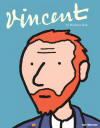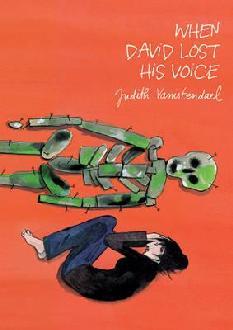
One is never too old to learn or relearn valuable lessons.
As a child I adored comic magazines of the American variety. My father used to bring them home from work. This ceased with the War in 1939 when they were no longer being imported. But, by that time, I had started reading and enjoying boys’ magazines, such as Hotspur, Champion, Rover, Adventure and Wizard.
My romance with words had already taken hold and I became scornful of comic books. Accordingly, I never went through the phase of devotion to The Dandy and The Beano – comics that apparently enthralled my contemporaries.
So when I was offered books recently for review, that turned out to be what are these days known as graphic novels (regardless of whether or not they are fiction in content), my initial reaction was to dismiss the offer as unworthy of consideration.
But I was keen to view a copy of Vincent, a work on Vincent van Gogh, to supplement the article that had been provided for the Arts section of the last issue of New Nurturing Potential.
I had spotted a reference to it in the 2014 catalogue of SelfMadeHero that I had earlier picked up at this year's London Book Fair. When I asked the publishers if I might have a review copy, unaware that it was a graphic novel, they responded by suggesting I might also like to view The Wolf Man based on one of Sigmund Freud’s best-known cases, as well as When David Lost His Voice, a hardback book dealing with the effects of cancer on a family.
|
|
 |
Our Arts Editor, Caroline Jenner, expressed interest in the Freud book; while, being in the situation of having to deal with my personal reaction to a cancer diagnosis within my own family, I was myself interested in seeing the remaining book.